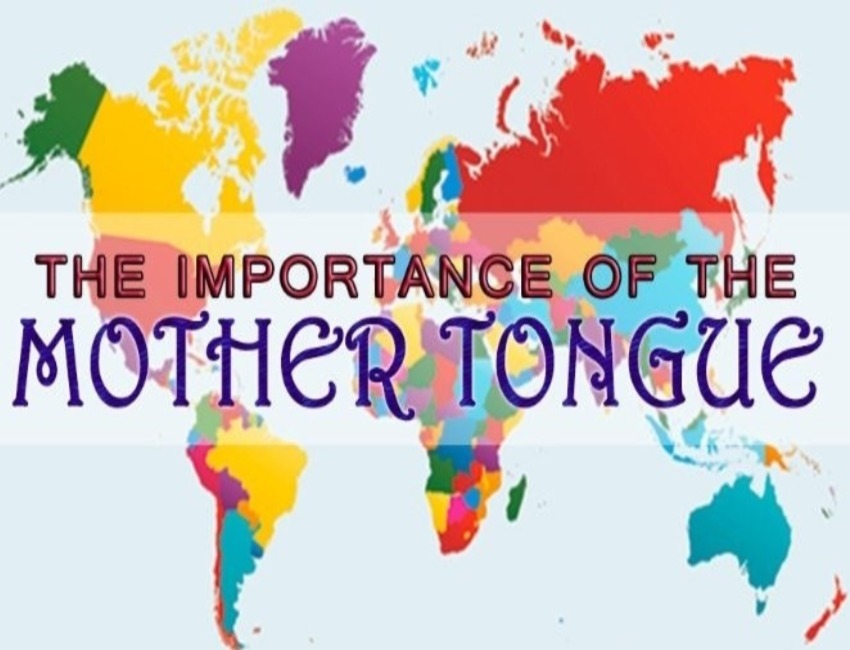The Importance of Preserving Mother Tongue in Education
Language is a fundamental aspect of human communication and identity. It is the medium through which we express our thoughts, emotions, and culture. For many individuals, their mother tongue is an integral part of their identity and heritage. However, with the increasing globalization and dominance of English as a global language, the importance of preserving mother tongue in education has been overlooked. In this article, we will explore the benefits of mother tongue in education and why it is crucial to preserve and promote it in the education system.
First and foremost, mother tongue is the language that a child learns from birth, usually from their parents or immediate family. It is the language that they are most comfortable with and have a natural affinity towards. Studies have shown that children who are taught in their mother tongue have a better understanding and grasp of concepts, leading to improved academic performance. This is because children are able to express themselves more effectively in their mother tongue, which in turn enhances their learning experience.
Moreover, learning in one’s mother tongue also promotes a sense of cultural identity and pride. When children are taught in a language that is not their own, they may feel disconnected from their culture and heritage. This can lead to a loss of cultural identity and a sense of belonging. By incorporating mother tongue in education, children are able to learn about their culture, traditions, and values, which are essential for their personal and social development.
Furthermore, mother tongue education has been linked to improved cognitive abilities. Research has shown that children who are taught in their mother tongue have better critical thinking skills, problem-solving abilities, and creativity. This is because language is closely tied to cognitive development, and when children are taught in a language they are familiar with, it enhances their cognitive abilities. This, in turn, leads to better academic performance and prepares them for future challenges.
In addition to academic benefits, mother tongue education also has a positive impact on a child’s emotional well-being. Children who are taught in their mother tongue feel more confident and comfortable in the classroom. They are able to express themselves freely without the fear of being judged or misunderstood. This creates a positive learning environment and promotes a healthy self-esteem. On the other hand, when children are taught in a language they are not familiar with, they may feel anxious, frustrated, and demotivated, which can hinder their learning process.
Moreover, incorporating mother tongue in education has been proven to bridge the gap between home and school. When children are taught in their mother tongue, parents are able to actively participate in their child’s education. They can communicate with teachers and understand their child’s progress, which leads to a stronger parent-teacher relationship. This involvement of parents in their child’s education has a positive impact on their academic performance and overall development.
Lastly, preserving mother tongue in education is crucial for the preservation of languages and cultures. With the dominance of English as a global language, many indigenous languages are at risk of extinction. By incorporating mother tongue in education, we are not only preserving languages but also promoting cultural diversity and inclusivity. This is essential for a harmonious and tolerant society.
In conclusion, the benefits of mother tongue in education are numerous and cannot be ignored. It not only enhances academic performance but also promotes cultural identity, cognitive development, emotional well-being, and parent-teacher involvement. Therefore, it is imperative for education systems to recognize the importance of preserving mother tongue and incorporate it in their curriculum. By doing so, we are not only investing in the academic success of our children but also preserving our languages and cultures for future generations.


